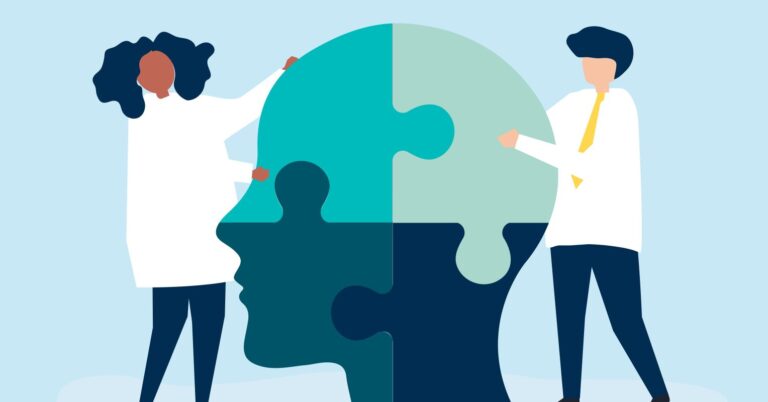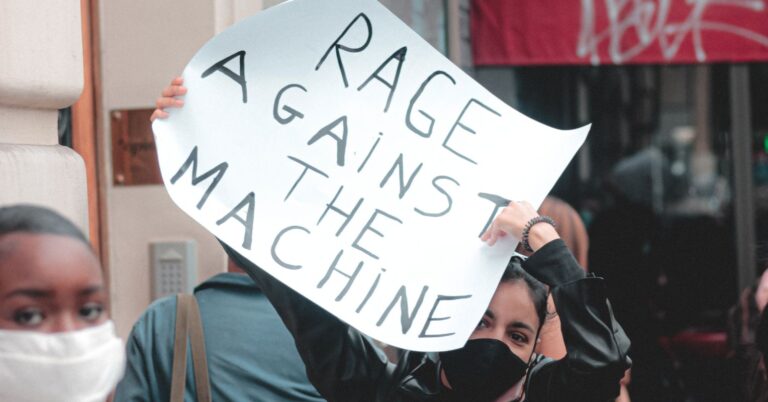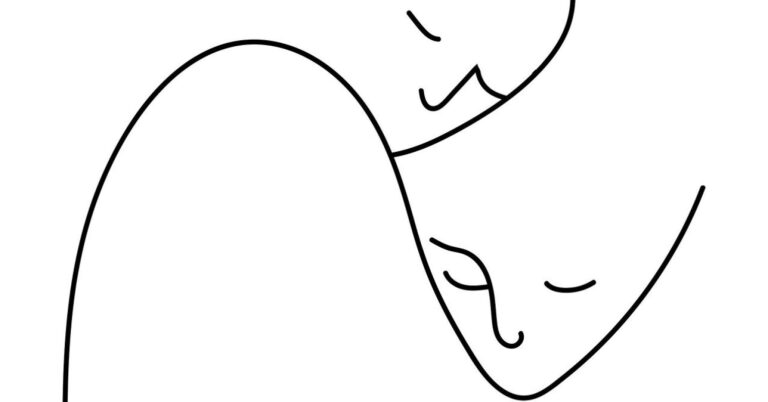Death is promised to all of us, but only some of us will truly live.
And yet, current Western medicine is focused primarily on making sure patients don’t die rather than helping them live. This approach to medicine has created a massive burnout culture among healthcare workers and misses the chance to help dying patients live what little time they have left.
As a social psychologist who studies how to help people die well, this reality screams at me daily in the work that I do. In designing tools to support dying patients and their families, I notice that we rarely build things that offer real value to the dying. Things like empathy, compassion, resilience, and the opportunity to make memories and connections in the final moments of life are what matter most to people. And perhaps shockingly, what dying patients want most from their doctors is honesty and compassion about the reality that they are dying.
Our current model of medicine is almost exclusively focused on treating illness rather than people. In this model, survival in its purest form becomes the only goal post or desired outcome. And thus, we treat patients rather than heal them.
This model of thinking not only limits the boundaries of what the healing power of medicine can offer, but it is also inconsistent with the heart and origins of medicine. Ancient healing practices, such as Traditional Chinese Medicine, have always seen the field of medicine as bringing healing to both the mind and body. Ancient Egypt, with some of the earliest records of medical care, also grounded their medicine in healing both mind and body.
Even Hippocrates, often considered the father of medicine in Western culture, believed in this broader view of medicine. The Hippocratic oath to “do no harm” is taken by every doctor upon receiving their medical degree. But Hippocrates shared a truth centrally tied to the concept of treating the patient, and not the disease: “It is far more important to know what person the disease has than what disease the person has.”
Medicine’s narrowing focus on treating illness has created a system programmed to help people live longer without helping them live well. It’s why we often don’t assess or consider how mental well-being might be tied to people’s physical well-being. And it’s why we treat cancer tumors until the very last breath of life is drawn, rather than thinking about how a person might want to spend their final days. The focus in Western medicine is to treat, treat, and treat as if disease is the common enemy and we as patients are merely bystanders.
This approach is tied inextricably to medical training’s focus on treating a disease without much consideration of how it will impact a person’s ability to live. This is grounded in an extremely noble cause, which is to value human life and save it at all costs. But it fails to consider how high those costs can be. The truth is that the majority of patients will spend their final days in and out of the hospital, often undergoing painful and burdensome procedures such as being put on ventilators that prevent us from speaking, eating, and in some cases requiring sedation. In short, many patients are robbed of meaningfully living out their final days.
Unfortunately, this approach to medicine also has nothing to offer when treatment or a cure is no longer possible. It fails to consider that medicine can offer healing, more broadly defined, rather than just treatment or cure. Physicians are in a powerful position to offer truth, comfort, and a space for resilience. They can usher patients and their loved ones into present-mindedness where they can cherish the final moments they have left.
Medicine sells itself short by failing to realize that physicians and nurses can be healers simply by reducing suffering. Focusing solely on treating the physical body neglects the power of treating the mind and spirit as well. The power and importance of offering both can be seen by the many people with physical ailments or terminal illness living full and meaningful lives while many able-bodied people live miserable and hopeless lives. Remembering that patients are whole persons broadens the ability to bring healing and comfort and reduce suffering.
Finally, this approach to medicine creates systems that are designed to overwhelm and burnout providers. We have a clear burnout problem in medicine, made much worse by the pressures of the COVID-19 pandemic. But how can we expect healthcare workers to thrive? We’ve created an entire system designed to treat only the disease and not the patient, leaving many healthcare workers empty handed with no tools to bring healing when death comes knocking on the door. And what’s worse, the systems that don’t create space for true connection also burn out providers with back-to-back clinic appointments that don’t allow ample time to see each patient.
Certainly, broadening the scope of medicine to focus on healing more broadly has the potential to cause even more harm to health care workers and patients. Compassion fatigue is a known phenomenon among providers in which they suffer emotional and mental distress from caring too much. And yes, honest conversations about death and dying are not always appropriate for patients.
But most of these threats and shortcomings exist because medical education and the healthcare system in the U.S. are not set up to allow for meaningful engagement and healing. We don’t train providers on how to have meaningful end-of-life conversations. We don’t teach them how to provide comfort and reduce suffering when no cure is available. We pack their clinics with short encounters where connections are hard to make. And we don’t provide support or time for their emotional and mental health.
If we could shift the mindset of medicine and healing to help people live rather than just not die, we might find a whole lot more people thriving beyond illness and disease.



















+ There are no comments
Add yours